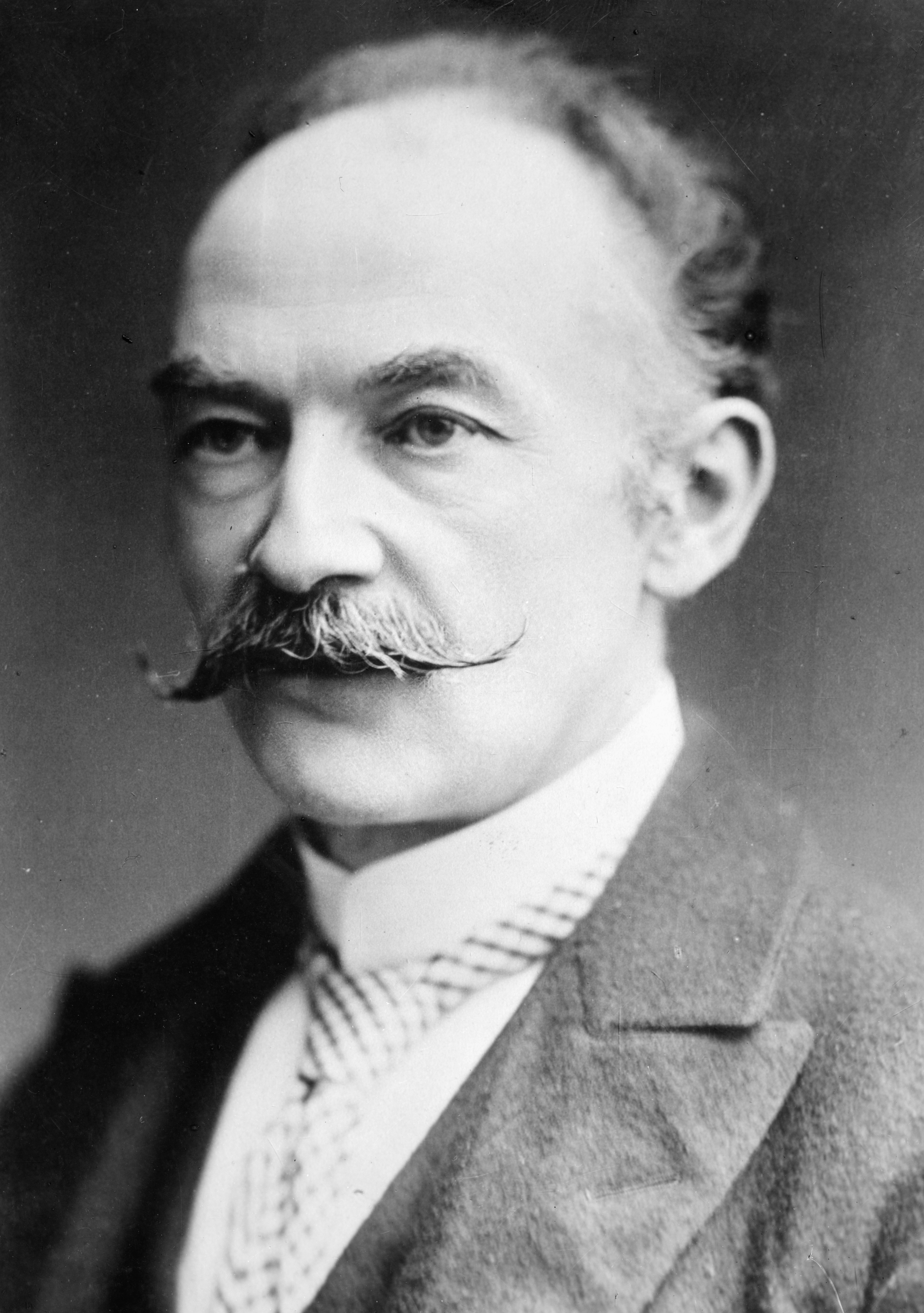Voice, The, is a short lyric poem by the English novelist and poet Thomas Hardy. Although best known for novels, such as Tess of the d’Urbervilles (1891) and Jude the Obscure (1895), Hardy is also recognized as a major poet of his time. Hardy, who gave up novel-writing in 1896 to concentrate on verse, considered poetry the superior art form.

“The Voice” is part of a group of poems titled Poems of 1912-13, published in the collection Satires of Circumstance in 1914. They were inspired by the death of Hardy’s wife, Emma, in November 1912, and they are intensely personal. The couple married in 1874 and were happy at first. But the relationship had weakened, and much of the sorrow expressed in Poems of 1912-13 is about the fading of love. Visiting the place in Cornwall where the couple first met, Hardy sensed the presence of his dead wife’s spirit. “The Voice” describes this sensation, re-creating through haunting rhythms the experience of hearing a voice from beyond:
Woman much missed, how you call to me, call to me, Saying that now you are not as you were When you had changed from the one who was all to me, But as at first, when our day was fair. Can it be you that I hear? Let me view you, then, Standing as when I drew near to the town Where you would wait for me: yes, as I knew you then, Even to the original air-blue gown! Or is it only the breeze, in its listlessness Travelling across the wet mead to me here, You being ever dissolved to existlessness, Heard no more again far or near? Thus I; faltering forward, Leaves around me falling, Wind oozing thin through the thorn from norward, And the woman calling.
The first three stanzas stay within a consistent metrical form, using a mesmerizing dactylic rhythm (a stress followed by two unstressed syllables). However, the final stanza breaks out of this pattern, creating a deliberate halt in the flow, like the breaking of a spell. The final image of the lonely speaker, “faltering” both physically and mentally, is made more powerful by this shift.
As a poet, Hardy experimented with unusual rhythms and verse forms. His interest was in truth of feeling, not fancy language and phrasing. Like his fiction, Hardy’s poetry can be darkly pessimistic. His ability to highlight the cruel ironies and sorrows of love is rare in literature. But through expressive power, “The Voice,” along with the other 1912-1913 poems, has earned its reputation among the most moving love poems in the English language.
For more information about Hardy, see Hardy, Thomas. See also English literature (Later Victorian literature).
